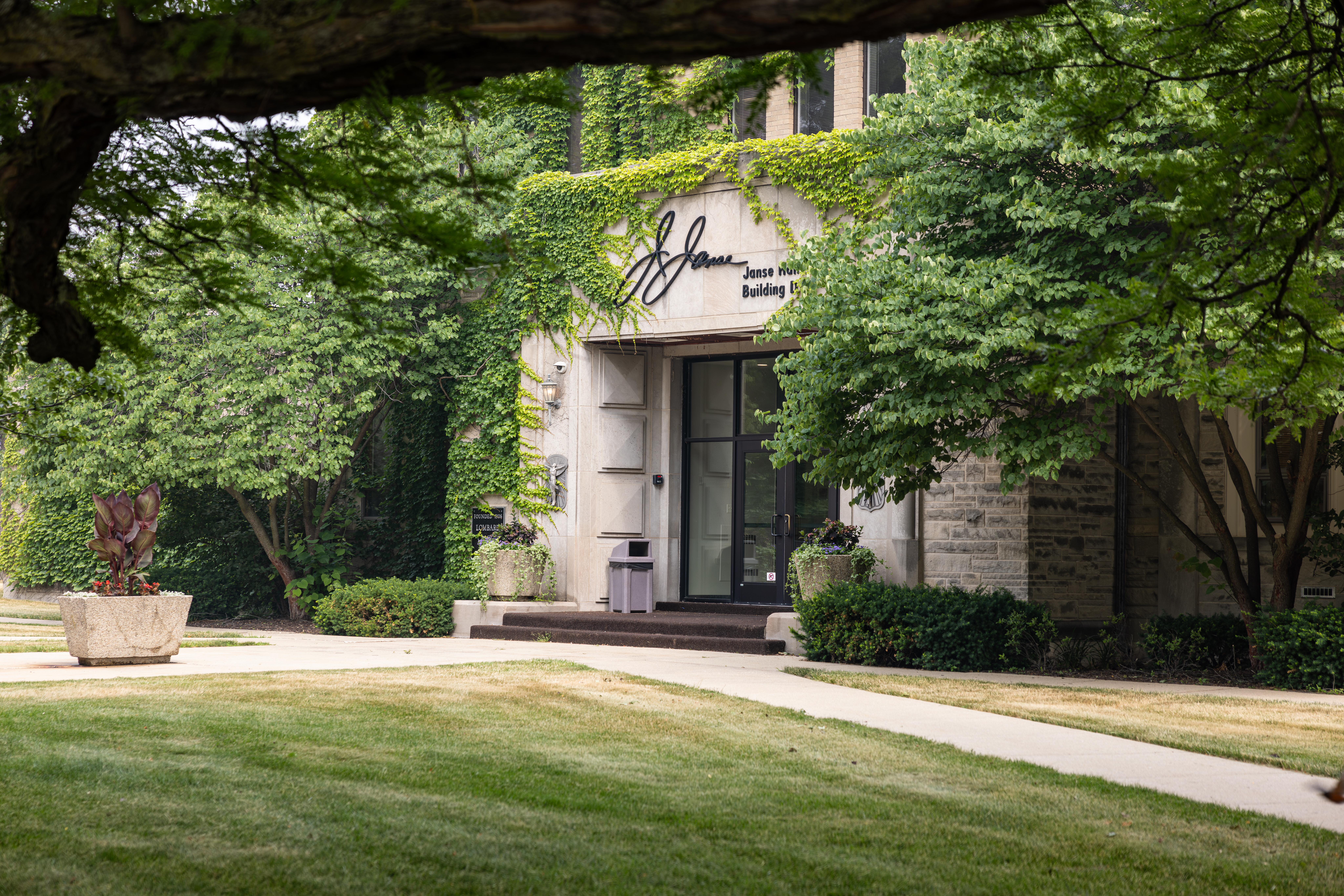In the biomedical engineering field, innovation is a constant part of the job. Biomedical engineers are always looking for the next best way to treat injuries and diseases. For example, in a groundbreaking study, University of Minnesota biomedical engineers recently created artificial blood vessels capable of growth. The new vessel grafts, if confirmed in humans, could significantly help children with congenital heart defects.

Through this kind of exciting research, biomedical engineers help treat injuries and diseases and can even save lives. They frequently mix engineering principles with medical and biological sciences to design and create equipment, surrogate devices and software used in health care. They also perform research in artificial internal organs and design machines for diagnosing medical problems.
Because of the aging baby boomer population, there is an increasing need for the innovative research biomedical engineers provide. Employment of biomedical engineers is projected to grow at an accelerated pace of 23 percent from 2014 to 2024, according to the Bureau of Labor Statistics.
There are several fields of specialization:
- Biomaterials – Creates natural or laboratory-designed materials for implantation
- Bio-instrumentation – Utilizes electronics, computer science, and robotics surgery to diagnose and treat a disease
- Biomechanics – Utilizes thermodynamics to solve medical problems
- Clinical engineering – Optimizes medical technology in the healthcare sector
- Rehabilitation engineering – Develops devices to restore physical and cognitive impairments
- Systems physiology – Engineers tools to study the anatomy of living organisms
Build Your Own Biomedical Science Degree Program
Biomedical engineering is one of many career and advanced degree options you can pursue with a Bachelor’s degree in Biomedical Sciences. The customizable program offered at National University allows students to select from any of our 40+ classes and develop curriculum to specifically fit your future plans–including the biomedical engineering specialties listed above.
The program is flexible as well, allowing you to complete your degree in our evening program, which is designed for students with a 2-year degree or previous college credits or those who wish to complete their education at National University.
For questions or more information about the biomedical science program at NUHS, call our Office of Admissions at 1-800-826-6285 or email admissions@nuhs.edu.


